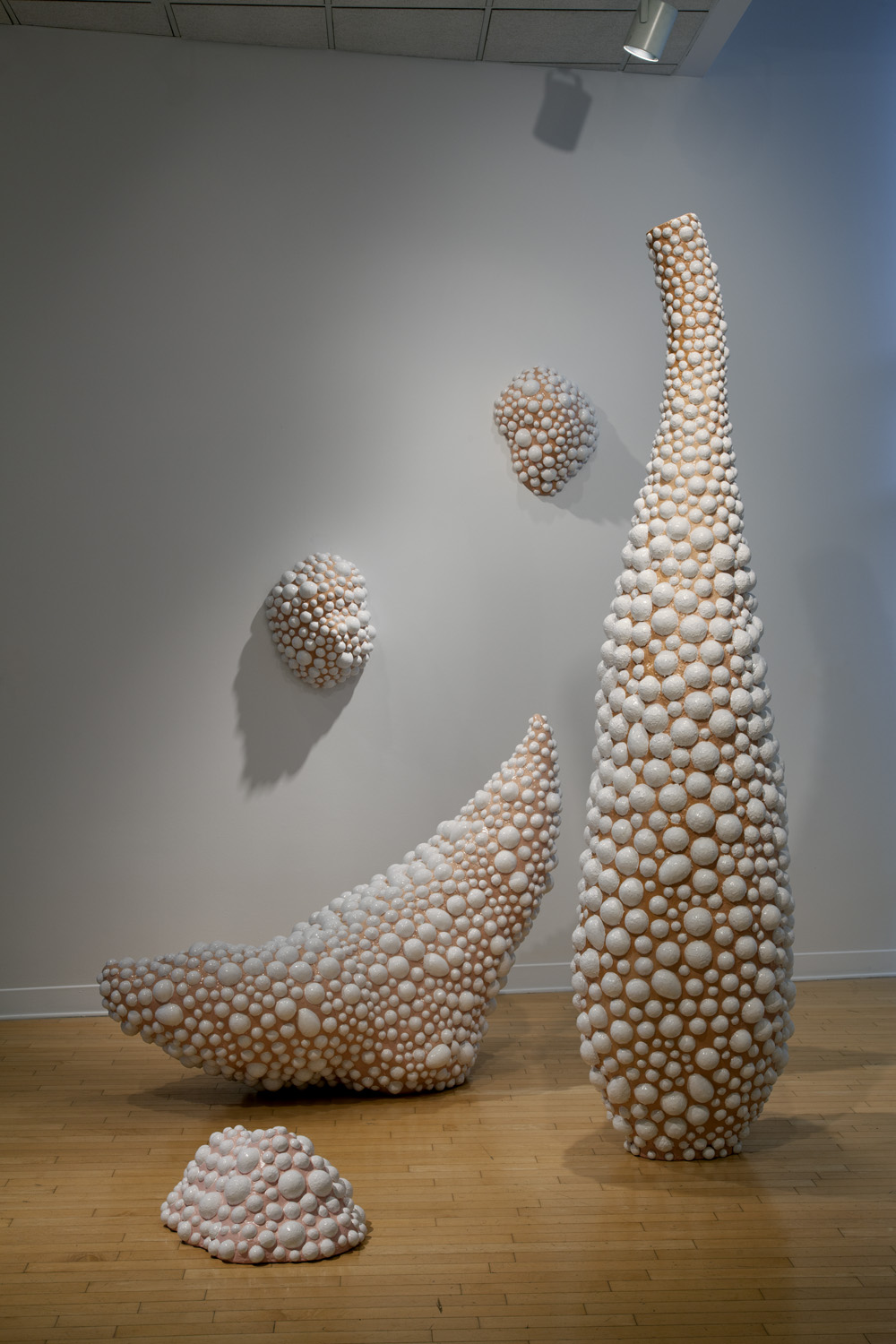Denis Rousseau: The Man Who Revolutionized Modern Thought
Denis Rousseau is not just another name in the world of philosophy and psychology; he's a game-changer whose ideas have shaped how we think about human nature, society, and relationships. If you're diving into this topic, you're about to uncover a treasure trove of insights that will leave you questioning everything you thought you knew. Whether you're a student, professional, or just someone curious about the human psyche, this article has something for everyone.
Think about it, we live in a world where understanding human behavior is more important than ever. From social media algorithms to workplace dynamics, knowing how people tick is crucial. And guess what? Denis Rousseau's work provides some of the most profound answers to these questions. His contributions aren't just theoretical; they're practical, actionable, and deeply relevant to our lives today.
Now, buckle up because we're going on a journey through the mind of this brilliant thinker. We'll explore his life, his groundbreaking theories, and how they apply to real-world situations. By the end of this article, you'll have a clearer picture of how Denis Rousseau's work impacts everything from leadership to personal relationships. Let's dive in!
- Tiktok Agence Value Your Network And Boost Your Reach
- Unveiling The Secrets Of Miel Nue A Sweet Journey Into Pure Bliss
Who is Denis Rousseau?
Before we dive into the nitty-gritty of his theories, let's take a moment to understand who Denis Rousseau really is. Born in 1951, this Canadian-born academic and psychologist has spent decades studying how people interact in organizations. Unlike many other theorists, Rousseau doesn't just sit in an ivory tower; he gets his hands dirty by working with real people in real situations.
A Glimpse into His Background
Denis Rousseau's journey started in Montreal, where he developed a keen interest in human behavior early on. His educational background is impressive, boasting degrees from some of the world's top universities. But what sets him apart is his ability to bridge the gap between academic theory and practical application. Here's a quick breakdown:
- Born: 1951, Montreal, Canada
- Education: Degrees in Psychology and Business Administration
- Current Role: Professor of Organizational Behavior
Biography of Denis Rousseau
Let's take a closer look at the life and times of Denis Rousseau. Below is a detailed breakdown of his personal and professional journey.
| Year | Milestone |
|---|---|
| 1951 | Born in Montreal, Canada |
| 1970s | Completed degrees in Psychology and Business Administration |
| 1980s | Began teaching at Carnegie Mellon University |
| 1990s | Published groundbreaking research on psychological contracts |
| 2000s | Expanded research into trust and leadership |
Key Contributions of Denis Rousseau
Denis Rousseau's work revolves around a few key concepts that have reshaped modern organizational theory. Let's break down the most important ones.
Psychological Contracts
One of his most famous contributions is the concept of psychological contracts. These are the unwritten agreements between employees and employers that define expectations and obligations. Rousseau's research shows that these contracts are just as important, if not more so, than formal contracts. They influence everything from job satisfaction to turnover rates.
Trust in Organizations
Another area where Rousseau excels is trust. He's shown that trust is the foundation of effective teamwork and leadership. Without trust, even the best strategies and plans can fail. His work in this area has been instrumental in helping organizations build stronger, more resilient teams.
Understanding Rousseau's Theories
Now that we've covered the basics, let's delve deeper into the theories that have made Denis Rousseau a household name in academic circles.
Breaking Down Psychological Contracts
Psychological contracts aren't just about promises; they're about perceptions. Rousseau's research highlights how these perceptions can vary widely between individuals. For example, one employee might expect regular feedback, while another might prioritize job security. Understanding these differences is crucial for effective management.
Trust Dynamics
Trust isn't something you can force; it has to be earned. Rousseau's work shows that trust is built over time through consistent actions and clear communication. In today's fast-paced world, where change is constant, building trust is more important than ever.
Applications in Real Life
So, how do these theories apply to the real world? Let's explore some practical examples.
In the Workplace
Imagine you're a manager trying to improve team performance. By understanding psychological contracts, you can tailor your approach to meet the unique needs of each team member. This not only boosts morale but also increases productivity.
In Personal Relationships
Trust isn't just for the workplace; it's vital in personal relationships too. Rousseau's insights can help you build stronger, more meaningful connections with friends, family, and partners.
Challenges and Criticisms
No theory is perfect, and Rousseau's work has faced its share of challenges and criticisms. Some argue that psychological contracts are too subjective to be measured accurately. Others question the practicality of building trust in large organizations. Despite these critiques, Rousseau's work remains influential and continues to inspire new research.
Addressing Criticisms
Rousseau himself acknowledges these challenges and encourages further study. He believes that by refining our understanding of these concepts, we can create even more effective solutions.
Future Directions
What's next for Denis Rousseau? As the world continues to evolve, so too will his research. Emerging technologies and global challenges are creating new opportunities to apply his theories in innovative ways.
Technology and Trust
With the rise of AI and automation, trust in technology is becoming increasingly important. Rousseau's work on trust could provide valuable insights into how we interact with machines and algorithms.
Conclusion
Denis Rousseau's contributions to the fields of psychology and organizational behavior are nothing short of remarkable. From psychological contracts to trust dynamics, his work has reshaped how we think about human interactions in both professional and personal settings. As we continue to navigate an ever-changing world, Rousseau's insights will undoubtedly remain relevant for years to come.
So, what's next? If you found this article helpful, why not share it with your friends and colleagues? Or, better yet, leave a comment below and let us know your thoughts. Together, we can continue the conversation and build a better understanding of the world around us.
Table of Contents
- Who is Denis Rousseau?
- A Glimpse into His Background
- Biography of Denis Rousseau
- Key Contributions of Denis Rousseau
- Understanding Rousseau's Theories
- Applications in Real Life
- Challenges and Criticisms
- Future Directions
- Conclusion



Detail Author:
- Name : Miss Lizzie Hessel
- Username : wtorphy
- Email : skoch@hotmail.com
- Birthdate : 1987-09-29
- Address : 646 Freeda Centers West Ricardofurt, IL 93752
- Phone : (828) 351-3266
- Company : Schumm PLC
- Job : Job Printer
- Bio : Nisi incidunt animi laudantium vero sapiente iusto. Officia et debitis voluptatem iure. Atque delectus iste in quia ut et assumenda.
Socials
twitter:
- url : https://twitter.com/hoppes
- username : hoppes
- bio : Consequatur et voluptates eius non autem. Tempore cum qui et occaecati ut aut quod. Voluptates veniam aut officia quia.
- followers : 1604
- following : 2910
tiktok:
- url : https://tiktok.com/@skye3904
- username : skye3904
- bio : Doloremque minus distinctio sint repellat. Aut quia tempore quasi.
- followers : 1264
- following : 42